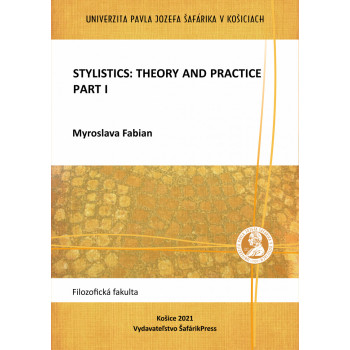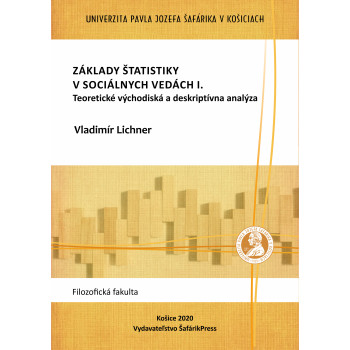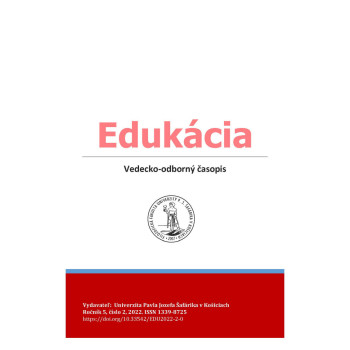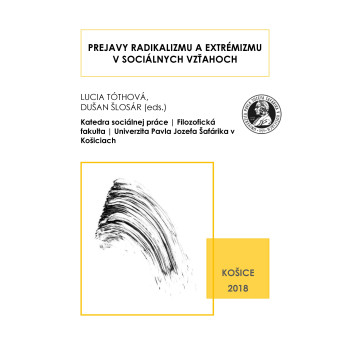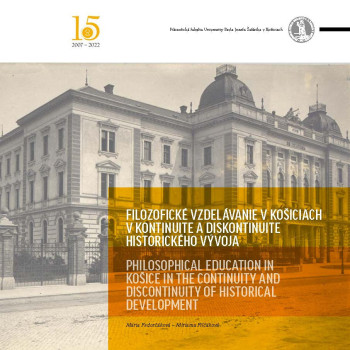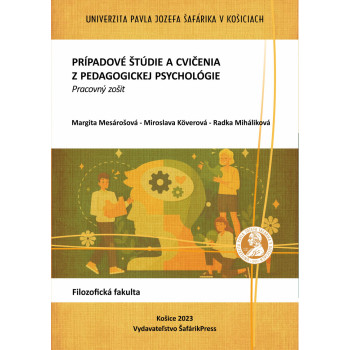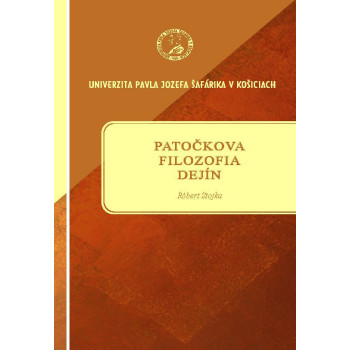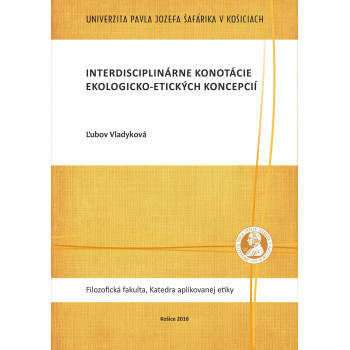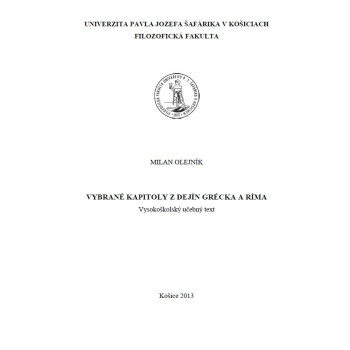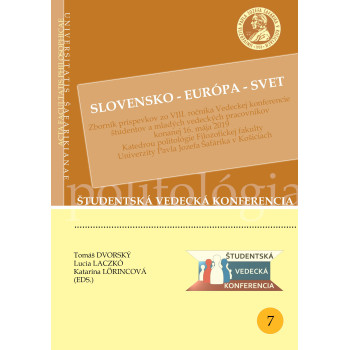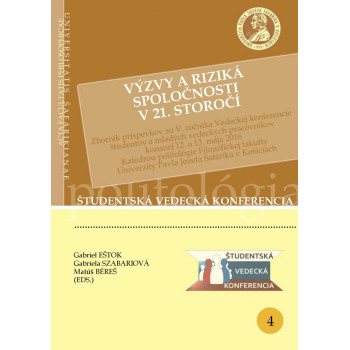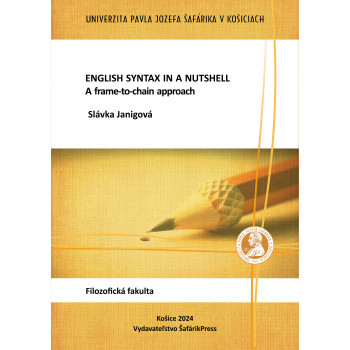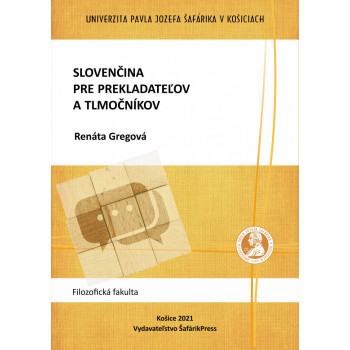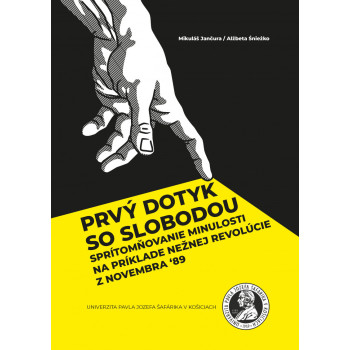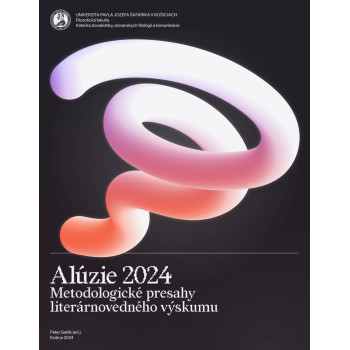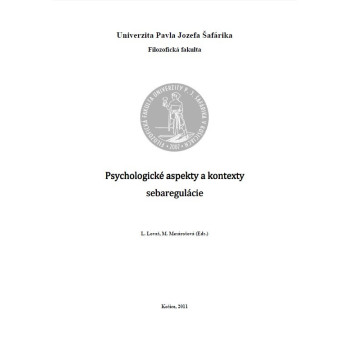
Stylistics: Theory and Practice, Part I
E-book
The academic textbook entitled “Stylistics: Theory and Practice, Part I” responds to the need identified by the author in her own teaching practice to supply the students with both theoretical and practical materials to the lecture and seminar course of contemporary English Stylistics.
Taking into account the richness and variety of English stylistic means of communication, the author dwells on basic notions of the academic course in question, describes stylistic semasiology as well as phonetic, syntactic expressive means and stylistic devices, offers practical help to stylistically identify, classify and describe the elements of language used in speech.
The textbook is designed for university students of English philology, students of English translation and interpretation study programmes, and also for students majoring in other disciplines combined with English language studies, as well as for those who study in English are expected to engage in scientific inquiry, document their research in Bachelor and Master theses or in doctoral dissertations written in English, and to present their work to their academic community.



